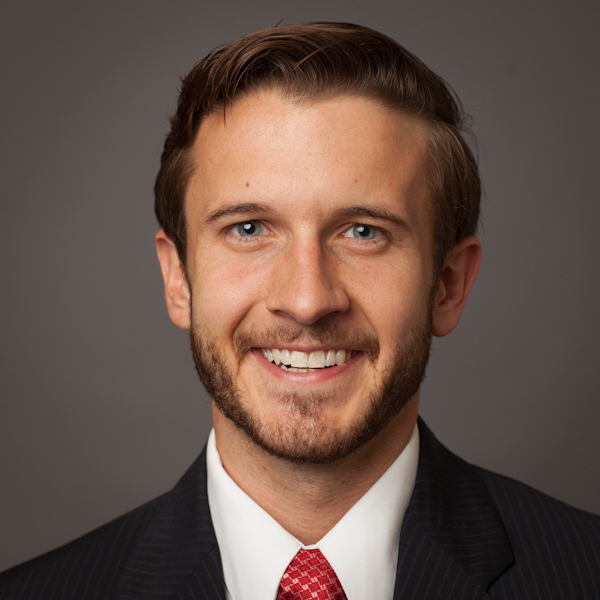The Business Community Takes on Natural Disasters in the Philippines
An incredible summer internship with Accenture in Manila

An incredible summer internship with Accenture in Manila

by Damian Kearney, MBA ‘15
Last summer, I had the unique opportunity to do an internship with Accenture, a global management consulting firm, in its international development practice, Accenture Development Partnerships (ADP). I worked with two clients working in disaster management, based in Manila, Philippines. The internship was financed through a generous gift from Roberto Canizares, BS ’71, MBA ’74, administered by the Emerging Markets Institute at the Johnson Graduate School of Management.
The Philippines is no stranger to natural disasters. The country sits precariously in the notorious Ring of Fire. Dozens of typhoons hit the nation’s 7,100+ islands annually. Experts consider the archipelago nation to be among the most vulnerable to the adverse effects of climate change.
As the business climate in the Philippines matures, and humanitarian agencies increasingly adopt market-based solutions, and the need for strategic planning becomes increasingly important. Businesses and NGOs alike are finding it critical to plan for all stages of “disaster management,” from preparedness through rehabilitation.
The business community plays a critical role in disaster relief in the Philippines, as it does in many emerging markets. The resilience of markets is closely tied to the welfare of its consumers after a typhoon hits. The faster markets can rebound, the faster individuals can get access to clean water, food, and medicine. One of my projects this summer worked with the Philippine Disaster Recovery Foundation (PDRF), which is a foundation which unites the private sector to work together to provide solutions to prepare for and react to natural disasters. Examples of its work range from technology-based solutions to coordinate response teams to programs to help a network of “sari-sari” shop owners restock after a typhoon. Our team helped PDRF create a high-level strategic plan for the foundation, including short-term tools to make the foundation more effective, and long-term plans for sustainability.
Equally as eye-opening as my work in disaster relief, was life in Manila. A city bursting at the seams, Manila is a poster child of what an emerging market looks like: young, vibrant, crowded, cosmopolitan, and huge. Every day, I saw exactly what attracts so many businesses to the city and the region: millions of young, educated people, constantly striving for higher skill jobs, and able to spend more of their hard-earned money.
My employer, Accenture, had an entire floor of a building dedicated to hiring new staff for its technology implementation practice. Hundreds of candidates came through daily for screening and interviews. Also intriguing was the shift of the business model in the office. During my internship, I met with the office director, who spoke about the fast growth of the management consulting practice in the office. The Philippines is one of the biggest centers for the company, with 30,000 employees primarily engaged in outsourced services. But as the economy continues to evolve, the consulting services of the firm are poised to grow as Filipino businesses continue to mature.
I am incredibly grateful for my experience in Manila, and for my time studying in the Emerging Markets Institute at Johnson. I owe a lot to the EMI, in particular, support from the Roberto Canizares Fund, which enabled me to take the internship. My internship was a transformative experience where I saw the potential of an emerging market struggle against a precarious geographic reality. The experience will forever affect the way I consider the challenges of doing business emerging markets. It changed the way I have studied here at Johnson, and it will change my career moving forward.
